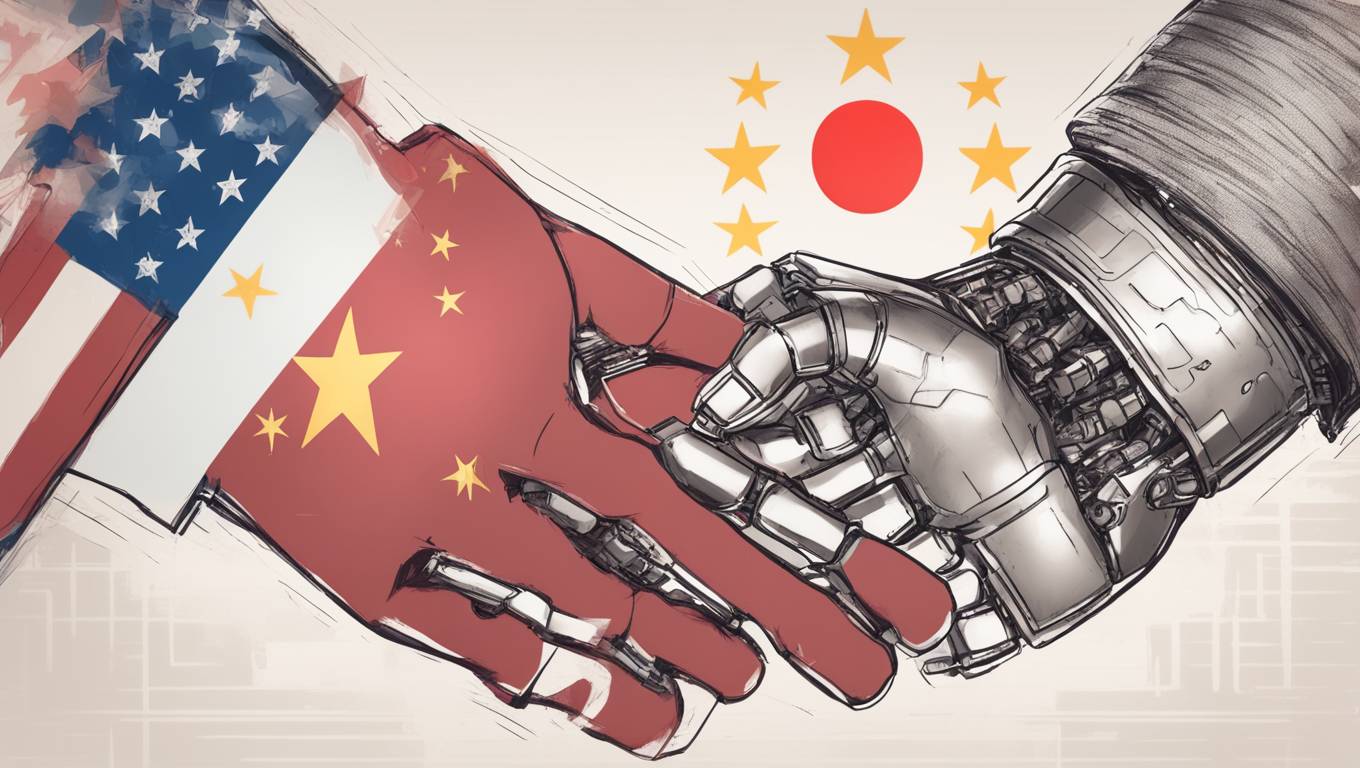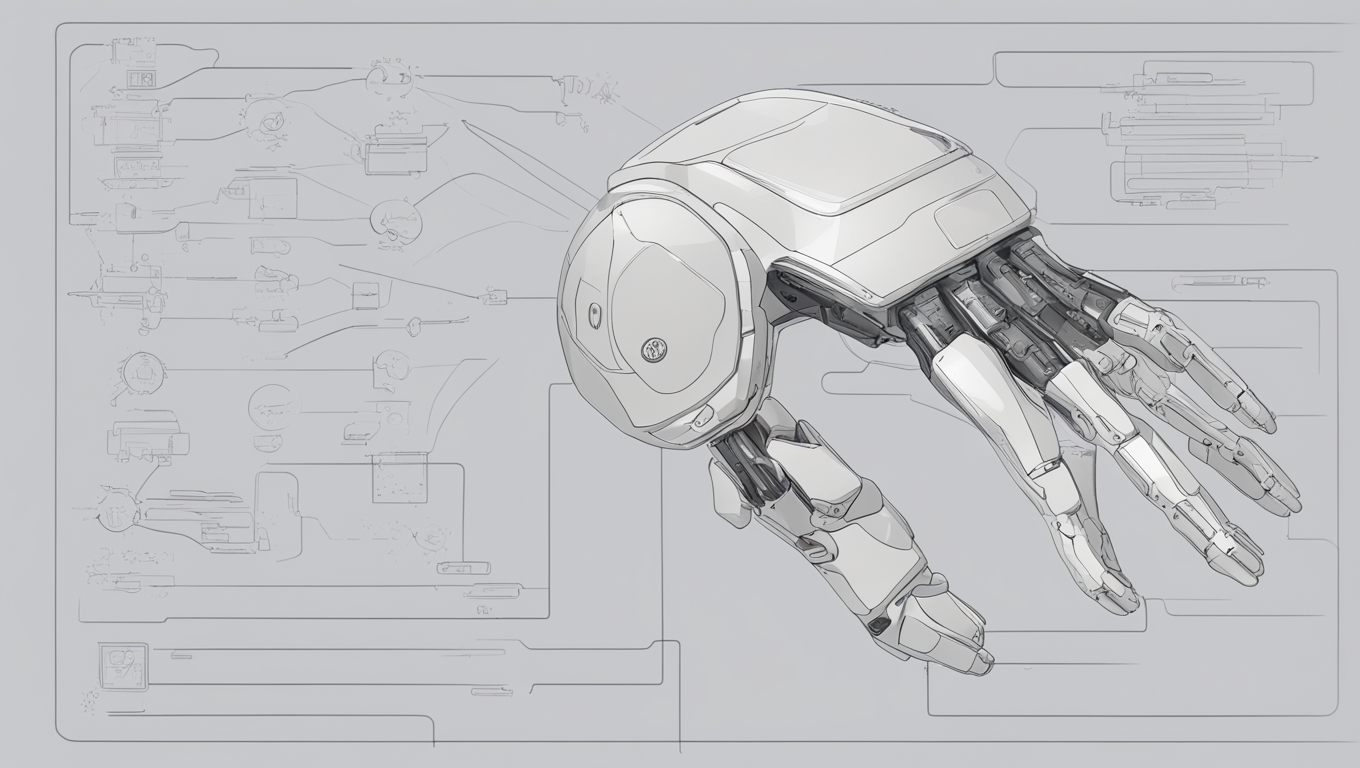Late last month, the US Treasury Department announced new restrictions on Chinese AI startups that will impact global tech investments. The restrictions, which will go into effect in January, aim to limit US venture capital firms' investments in cutting-edge Chinese AI models for national security reasons. The measures are part of a broader effort to slow down the progress of Chinese AI companies and keep the US ahead in advanced AI development.
The restrictions outline two key areas where US AI investors are prohibited from investing. The first is companies that develop technology exclusively for sensitive uses like China’s military and intelligence services, regardless of their AI capabilities. The second area is Chinese startups working on consumer AI, where a specific threshold of 1025 flops (floating point operations per second) is set. Models exceeding this threshold will be off-limits to US investors.
Jaime Sevilla, the director of Epoch AI, a research organization tracking the AI industry, explains that the 1025 flops threshold represents the frontier of AI models today. Existing big-name models like OpenAI’s GPT, Google’s Gemini, Facebook’s Llama, and Anthropic’s Claude fall within this range. Sevilla also highlights the importance of the threshold, pointing out that most models currently train above the 1024 flops threshold.
The Treasury Department’s decision to set the 1025 flops threshold is seen as a targeted approach to restrict a narrow portion of China’s AI sector. While the immediate financial impact may be limited, the restrictions are expected to discourage Chinese AI companies from seeking future help or investments from the US. If the incoming Trump administration decides to make the restrictions even stricter, the effect could be even more significant.
In the short term, the impact of the new rules on the Chinese AI industry remains uncertain. Investment flows between the US and China have already declined in recent years due to regulatory uncertainties, a weakened Chinese economy, and China’s domestic tech crackdown. However, it is possible that American investors may become interested in making deals with Chinese AI firms again. The new restrictions will require increased due diligence from investors and create a monitoring system for the flow of money from US investors to Chinese AI companies.
The future of the restrictions also remains uncertain, as it largely depends on the policies of the second Trump administration. Some experts anticipate that the rules may be expanded, potentially targeting other sectors beyond AI. The Biden administration’s tech policy towards China has been characterized by the idea of a “small yard, high fence,” designating specific areas for strict restrictions. Under Trump, the yard may expand significantly.
It is important to note that the new restrictions on Chinese AI startups reflect the ongoing tension between the US and China in the tech sector. As both countries strive for AI dominance, the US government seeks to maintain its lead, while China aims to catch up. The restrictions will have implications not only for US investments in Chinese AI but also for the global tech landscape as a whole.





Use the share button below if you liked it.